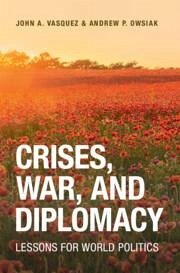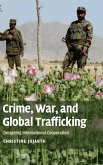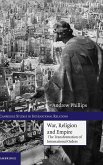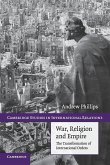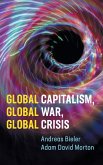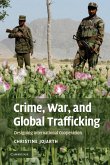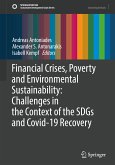Why do some international crises between major states escalate to war while others do not? To shed light on this question, this book reviews fifteen such crises during the period 1815-present, including the Crimean War, The Franco-Prussian War, the Cuban Missile Crisis, and the 2022 Russia-Ukraine War. Each chapter places the crisis at hand in its historical context, provides a narrative of the case's events that focuses on the decision-makers involved, theoretically analyses the case's outcome in light of current research, and inductively draws some lessons from the case for both scholars and policymakers. The book concludes by exploring common patterns and drawing some broader lessons that apply to the practice of diplomacy and international relations theory. Integrating qualitative information with the rich body of quantitative research on interstate war and peace, this unique volume is a major contribution to crisis diplomacy and war studies.
Bitte wählen Sie Ihr Anliegen aus.
Rechnungen
Retourenschein anfordern
Bestellstatus
Storno

